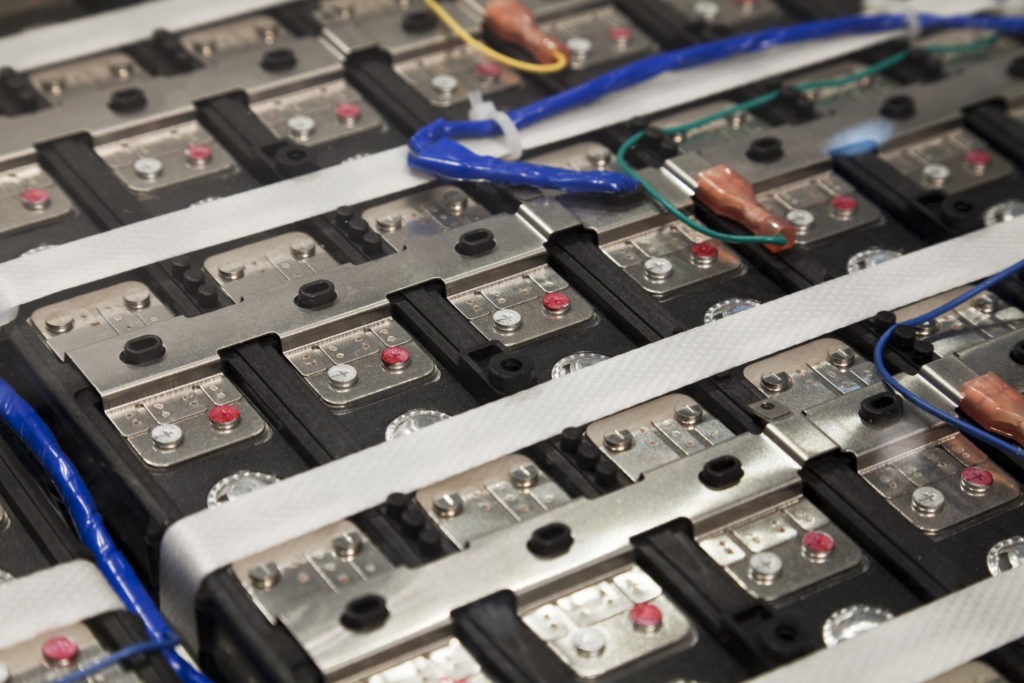VW and Northvolt establish joint venture
09 September 2019

VW and Northvolt establish joint venture
9 September 2019
Volkswagen Group and Northvolt have created a joint venture to build a factory for lithium-ion batteries as the carmaker looks to accelerate its electric vehicle programme.
Construction of the production facility is scheduled to start in Salzgitter (Lower Saxony) in 2020. Start of production is planned for the end of 2023/beginning of 2024. The initial annual output is to be 16GWh. The finalisation of the joint venture is the result of an agreement that both parties concluded in June.
Part of the approximately €900 million invested by Volkswagen is now flowing into the joint venture. Another part goes directly to Northvolt. In return, Volkswagen has received about 20% of the shares in the Swedish battery manufacturer and a seat on the Supervisory Board.
Working together
′The battery cell is the key component for electric mobility,' says Stefan Sommer, Member of the Volkswagen Board of Management responsible for Procurement. ′Therefore, Volkswagen and Northvolt are together pushing ahead efficient cell production in Europe to accelerate their joint battery activities. With the founding of the joint venture and the planned construction of a battery cell factory in Salzgitter, we are making a decisive contribution to establishing the core battery cell technology in Germany as well.'
Fredrik Hedlund, Chief Executive Officer of the new joint venture and former Chief Strategy Officer of Northvolt, added: ′Building a gigafactory in Germany together with Volkswagen allows Northvolt to further increase the production capacity of green battery cells with a minimal CO2 footprint. This will have a significant impact on electrification in Europe.'
The Group is planning to launch almost 70 new electric models in the next ten years. As a result, the projected number of vehicles to be built on the Group's electric platforms in the next decade will increase to 22 million. Volkswagen is, therefore, investing more than €30 billion into the electrification of the fleet by 2023.
Partnerships furthered
Meanwhile, the German economy ministry said on Friday a second European battery cell production consortium was being discussed and preliminary agreements were expected by this autumn.
While names of potential consortium partners are not available, the ministry has said that German companies play important roles.
German business daily Handelsblatt reported last week that Germany had agreed in principle with eight other European nations to set up a second consortium for the production and recycling of battery cells for EVs, citing Economy Minister Peter Altmaier.
German companies BMW, BASF, BMZ Group, Varta are among those involved in the initiative that seeks to put regional players in a position to compete with dominant Asian suppliers; the paper cited sources as saying.